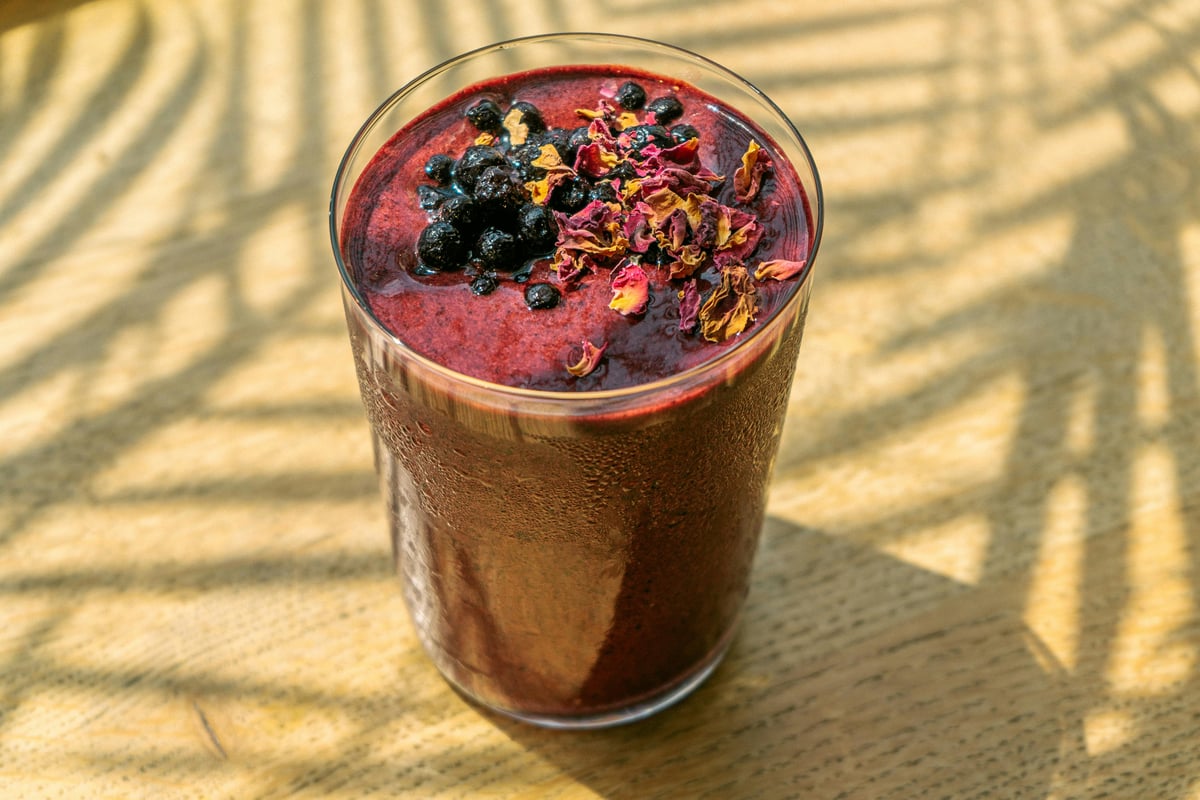Health
Celebrities Embrace Placenta Consumption: Health Benefits or Risks?

The trend of consuming placenta, known as placentophagy, is gaining traction among celebrities, sparking widespread debate about its health benefits and potential risks. Recently, musician Calvin Harris shared images on social media featuring his wife, presenter Vick Hope, and their newborn son, Micah Harris. Among these, a striking photo of placenta in various preparation stages raised eyebrows and generated discussions online.
The practice of consuming placenta is not new, with notable figures like Kim Kardashian and Gwyneth Paltrow also endorsing it. Advocates suggest various health benefits for mothers, including reduced post-birth bleeding and improved mood, leading to its rise as a wellness trend.
Understanding the Placenta’s Role
The placenta serves as a temporary organ during pregnancy, facilitating the exchange of nutrients and oxygen between the mother and the fetus. Proponents of placentophagy believe that consuming the placenta can yield significant health benefits postpartum. Helen Wright, a hypnobirthing therapist and doula, emphasizes anecdotal evidence from her clients, citing benefits such as balanced hormones and enhanced milk supply. Wright, often referred to as the “placenta lady,” offers services through her website, birthwright.co.uk, including smoothies for £125 and capsules for £325.
Despite these claims, scientific support for the consumption of placenta is minimal at best. Many health professionals remain skeptical, citing a lack of rigorous research to substantiate the purported benefits.
Health Risks Associated with Placentophagy
On the contrary, Dr. Federica Amati, a nutritionist for ZOE, warns of the potential dangers linked to placentophagy. She states that health agencies explicitly advise against the practice due to the absence of proven benefits and the risk of harm. One significant concern is the potential for bacterial contamination.
In a notable case in 2016, a newborn in Oregon developed a bloodstream infection just three days after birth. Investigations revealed that the infection likely stemmed from the mother consuming capsules made from her dehydrated placenta, which tested positive for Group B Streptococcus (GBS). The bacteria found in the capsules was genetically identical to that causing the infant’s infection.
Wright acknowledges the lack of scientific validation but maintains that her work supports women in their transition to motherhood. She believes that the remedies she offers contribute to a holistic support system for new mothers, addressing their physical and emotional needs.
As the conversation surrounding placentophagy evolves, it highlights the broader issue of wellness trends in modern society. While some find comfort and benefits in these practices, others call for caution and rigorous scientific examination to ensure safety. The debate continues as more celebrities publicly embrace this controversial trend.
-

 Health3 months ago
Health3 months agoNeurologist Warns Excessive Use of Supplements Can Harm Brain
-

 Health3 months ago
Health3 months agoFiona Phillips’ Husband Shares Heartfelt Update on Her Alzheimer’s Journey
-

 Science2 months ago
Science2 months agoBrian Cox Addresses Claims of Alien Probe in 3I/ATLAS Discovery
-

 Science2 months ago
Science2 months agoNASA Investigates Unusual Comet 3I/ATLAS; New Findings Emerge
-

 Science1 month ago
Science1 month agoScientists Examine 3I/ATLAS: Alien Artifact or Cosmic Oddity?
-

 Entertainment5 months ago
Entertainment5 months agoKerry Katona Discusses Future Baby Plans and Brian McFadden’s Wedding
-

 Science1 month ago
Science1 month agoNASA Investigates Speedy Object 3I/ATLAS, Sparking Speculation
-

 Entertainment2 months ago
Entertainment2 months agoLewis Cope Addresses Accusations of Dance Training Advantage
-

 Entertainment4 months ago
Entertainment4 months agoEmmerdale Faces Tension as Dylan and April’s Lives Hang in the Balance
-

 World3 months ago
World3 months agoCole Palmer’s Cryptic Message to Kobbie Mainoo Following Loan Talks
-

 Science1 month ago
Science1 month agoNASA Scientists Explore Origins of 3I/ATLAS, a Fast-Moving Visitor
-

 Entertainment4 months ago
Entertainment4 months agoMajor Cast Changes at Coronation Street: Exits and Returns in 2025









